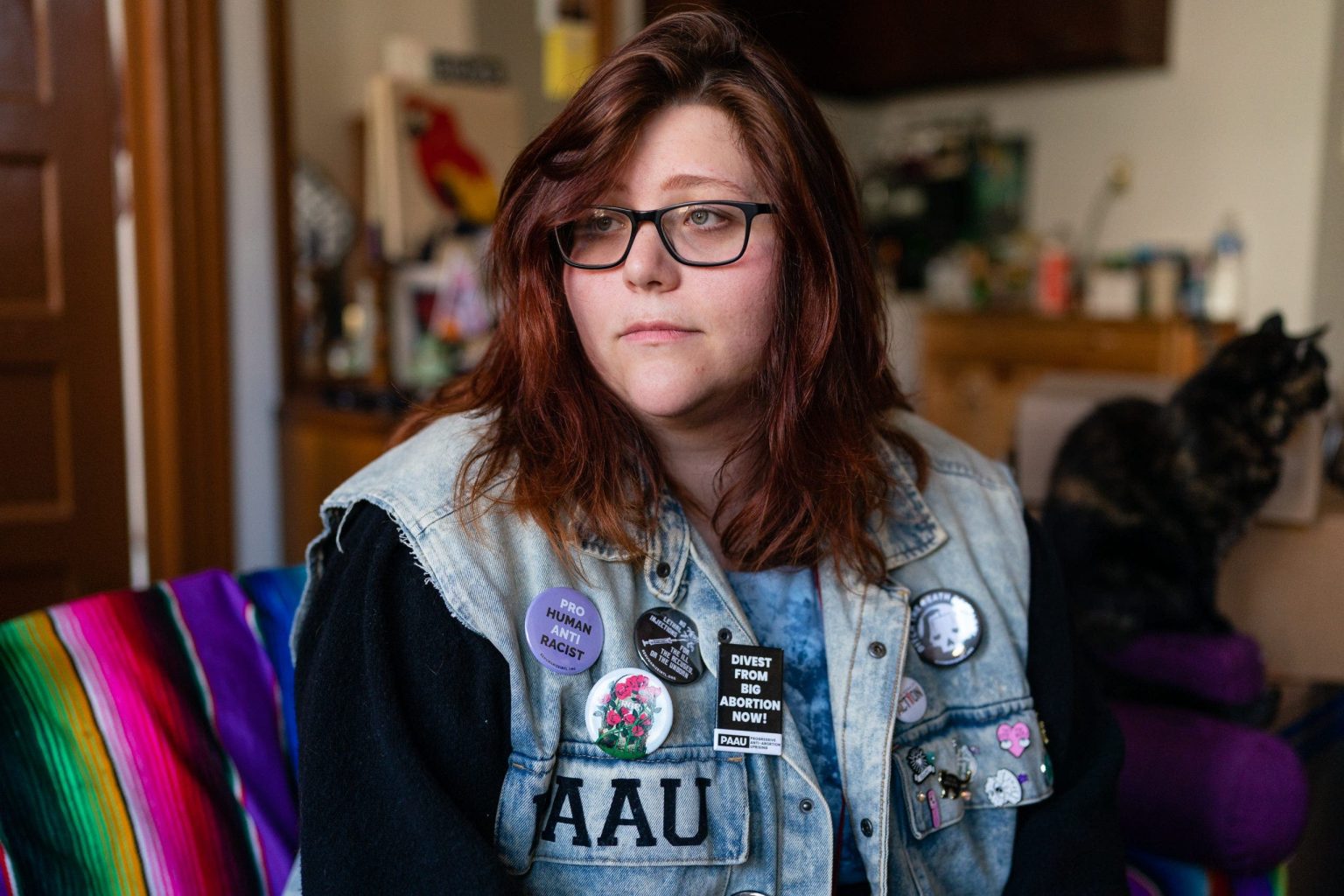Two pro-life activists, Lauren Handy and John Hinshaw, were sentenced to several years in prison on charges of conspiracy against rights and violating the Freedom of Access to Clinic Entrances Act (FACE Act) following a 2020 protest at a Washington, D.C.-based abortion clinic. Handy received a sentence of four years and nine months, while Hinshaw was sentenced to one year and nine months. Along with seven others, they blocked access to the Washington Surgi-Clinic by chaining themselves to furniture inside the clinic during the protest. The hourslong protest was livestreamed on social media. The activists claimed their actions were an attempt to stop the slaughter of late-term babies at the clinic.
During the jury trial, Handy and another co-defendant, Herb Geraghty, referenced a video released by pro-life organization Live Action titled “Inhuman: Undercover in America’s Late-Term Abortion Industry” as influencing their decision to participate in the protest. The video showed an abortion provider saying they would not help a fetus born prematurely during the abortion procedure. An indictment revealed that remains of apparently aborted unborn babies were found in Handy’s home. Prosecutors said Handy used a fabricated identity to secure an appointment at the clinic, and pro-life activists invaded the facility, resulting in an altercation that led to a clinic employee being hospitalized.
Prosecutors argued that the pro-life activists violated the 1994 FACE Act by using physical force to block access to abortion services at the clinic. Defense lawyers requested a one-year prison sentence for Handy, who has been in jail since her conviction in August 2023. The sentencing judge, Colleen Kollar-Kotelly, handed down a longer sentence than expected, which was described as “shocking” by Steve Crampton, a lawyer for Handy. Crampton criticized the judge’s harsh sentencing and accused her of lecturing Handy on her lack of compassion for women seeking abortions. He also noted a perceived contrast in the response to pro-life activism compared to other demonstrations happening in the country.
The judge emphasized that Handy was being punished for her actions, not her beliefs, stating that the law does not protect violent or obstructive conduct. Prosecutors recommended a six-year prison sentence for Handy, describing her as an anti-abortion extremist who orchestrated the invasion of the Washington Surgi-Clinic. They alleged that Handy’s actions encouraged similar attacks on other clinics and traumatized victims. This case highlights the ongoing legal battle between pro-life activists and abortion providers, with tensions running high on both sides. The sentencing of Handy and Hinshaw has sparked debate about the limits of protest and civil disobedience in the fight over abortion rights.



